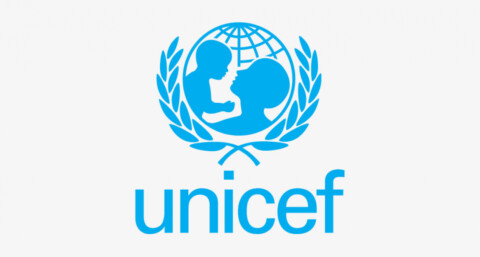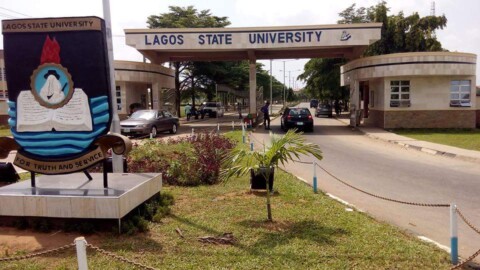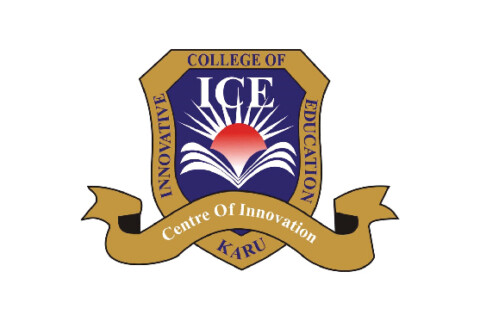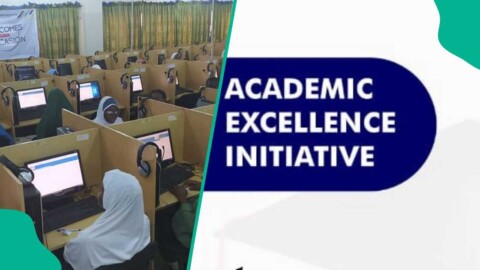The Federal Government has declared that any admissions into universities, polytechnics, and colleges of education in Nigeria that are not processed through the Central Admissions Processing System (CAPS) will be considered illegal.
This announcement was made by the Minister of Education, Dr. Tunji Alausa, during the 2025 JAMB Policy Meeting held on Tuesday in Abuja.
Dr. Alausa emphasized the government’s commitment to promoting transparency, fairness, and accountability in the tertiary education sector. He issued a stern warning to vice-chancellors, rectors, provosts, and members of governing councils to strictly adhere to established admission procedures.
“Any admission conducted outside CAPS, regardless of the intention, is illegal,” he declared. “Both the institutions and the candidates involved will be held responsible. Sanctions could include withdrawal of institutional assets and prosecution of any implicated officials or governing council members.”
While admissions are initiated by the academic boards of tertiary institutions, Dr. Alausa explained that JAMB, as the regulatory authority, has the mandate to oversee and regulate the process. CAPS, introduced in 2017, was designed to automate and streamline admissions, replacing the previously manual system prone to corruption, favoritism, and backdoor entries. Through CAPS, institutions upload admission lists, and candidates confirm offers online, ensuring merit-based selection and minimizing human interference.
The Minister also disclosed that the Ministry, working alongside JAMB, will intensify monitoring efforts to enforce compliance with CAPS. He presented data showing significant gaps between available admission quotas and actual student enrollment, particularly in critical fields such as agriculture, education, engineering, and health sciences.
Dr. Alausa noted that while institutions have the capacity to admit more students, many are under-enrolled. He revealed that over 120 universities received fewer than 50 applications during the current admission cycle, raising concerns about resource utilization and institutional sustainability.
“It’s not merely an issue of access,” he stated. “We need to realign and strengthen existing institutions instead of continuously establishing new ones without consolidating the old. The current trend is unsustainable.”
The Minister also reiterated the continued enforcement of the National Identification Number (NIN) requirement for JAMB registration, highlighting its importance in combating identity fraud and multiple registrations. “The NIN requirement has proven vital in safeguarding the integrity of our admission process,” he said, warning that any misuse of the NIN system would be swiftly addressed and penalized.
In his remarks at the policy meeting, Senator Shuaib Salisu, Chairman of the Senate Committee on ICT and Cybersecurity, advocated for strict penalties against institutions and administrators who bypass official admission channels. He proposed criminalizing fraudulent admission practices and condemned instances where students unknowingly pursue invalid academic programmes for years.
Senator Salisu assured stakeholders that the Senate Committee is considering legislative measures to hold admission officers and institutional leaders accountable for any infractions.





